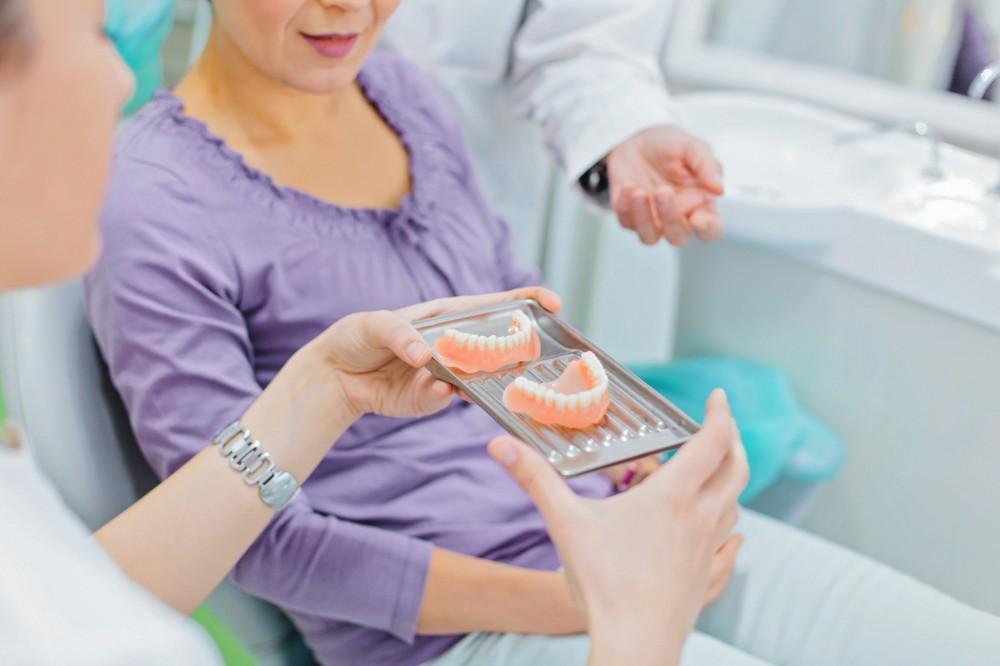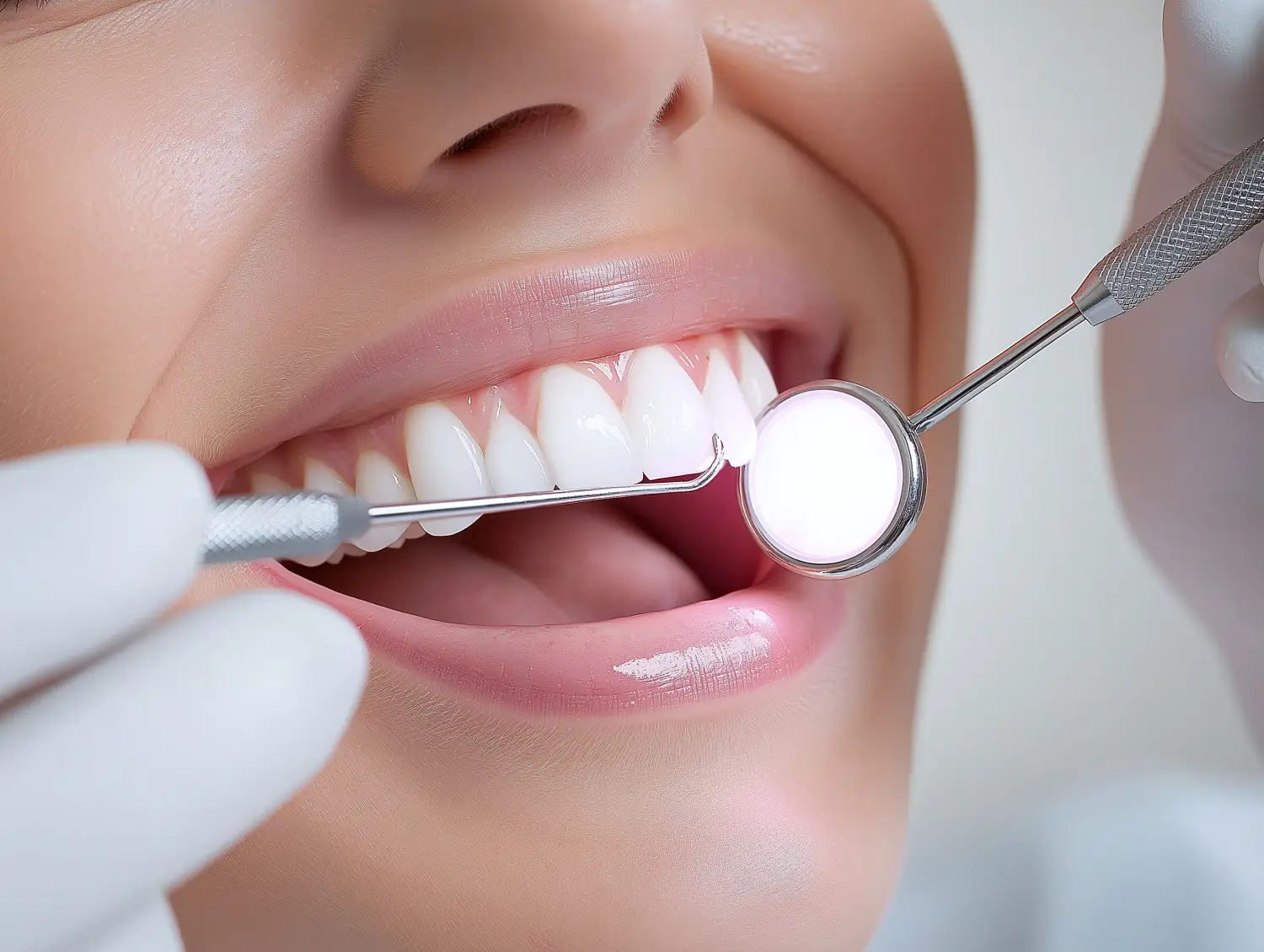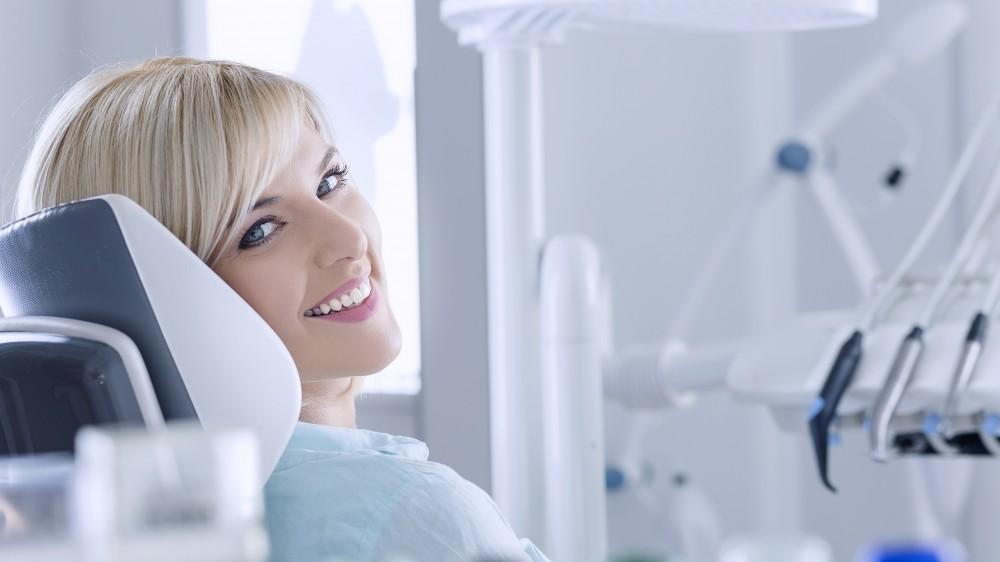
Do Your Dentures Need to Be Replaced ?
Nothing lasts forever. Not even your dentures. Even with the remarkable advances in materials and techniques for creating natural-looking and effective dentures to replace missing teeth, those dentures still have a limited lifespan. As a general rule, you’ll need to replace your dentures every five to eight years or so. That’s a pretty broad time range, and it varies from person to person depending on the rate of changes to your jaw and gums and the number of adjustments and repairs made over the years.
Dentures don’t come with a specific expiry date, per se. Rather, the staff at your dental clinic in Orlando will examine your dentures closely at regular dental checkups and — just as importantly — will examine your gums closely to see if your dentures are fitting properly or producing unnecessary pressure points, strain, abrasions, or sores. Your dentist will let you know if there are any signs that your dentures should be replaced, but what do you need to know about making that assessment yourself?
There are four main indications that your dentures may need to be replaced. If you’re noticing any of these, make an appointment with a dental clinic near you to confirm you need new dentures and to get that process started as soon as possible.
If your dentures are broken or damaged
Strong and durable as dentures are, they can be damaged if dropped or compressed, for example. If anything like that has happened to your dentures, contact a dental clinic near you so your dentist can examine them carefully. They may notice small cracks or forms of damage that you don’t see. Even if your dentures are wearable with that damage, they won’t have the same structural integrity and strength as undamaged dentures. They may be vulnerable to breaking again and won’t perform their job properly.
If your dentures feel loose or unstable
The longer that you live without natural teeth in your jaw, the more the shape of your gums and jaw changes. It’s not a fast process, but one that continues slowly and gradually. At some point you may notice that your dentures feel slippery or loose when you’re talking and eating. If you’re not able to eat or speak confidently due to that slippery and loose feeling, let your dentist know. It may be time to replace the dentures with a set that will fit the new shape of your jaw. Or it may simply be time to re-line your dentures for a better fit.
If the base of your dentures has gotten weak
After several years — at the three to five-year mark, commonly — the base material of dentures that holds your teeth will begin to break down. Signs of that happening are changes to color and the development of cracks or chips. You may even notice a sponginess that wasn’t present in the first few years. All those things are signs that you may be ready for a new set of dentures.
If your gums starting feeling sore or chewing is painful
One of the clearest signs of a poorly fitting denture is the emergence of new sore spots on your gums or new difficulty or pain while chewing. In many cases depending on how old your dentures are, simply re-lining the dentures may be able to solve that problem. By the same token, it may be time for new dentures so that you can live, eat, speak, and laugh without soreness or pain.
If you experience any of these indications, be sure to discuss them with your dentist while they take a look at your dentures in Orlando during regular checkups. If you notice any of these signs between appointments, don’t wait to let your dentist know. Replacing your dentures in Orlando will take some time if required. There’s no point delaying and being uncomfortable.
Related Posts

Welcome to Orlando Center for Cosmetic Dentistry

Teeth Cleaning Aftercare Tips

What Are Dentures? Everything You Need to Know
%20copy.jpg)
Schedule your visit today
We’re here to help you achieve a healthier, more confident smile with precision care and no pressure. Let’s get you started.
